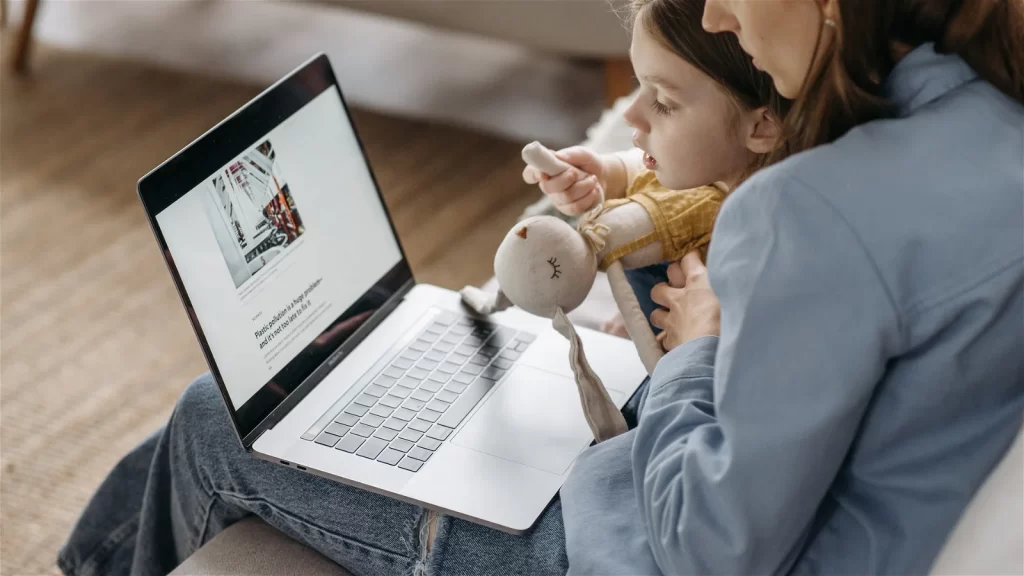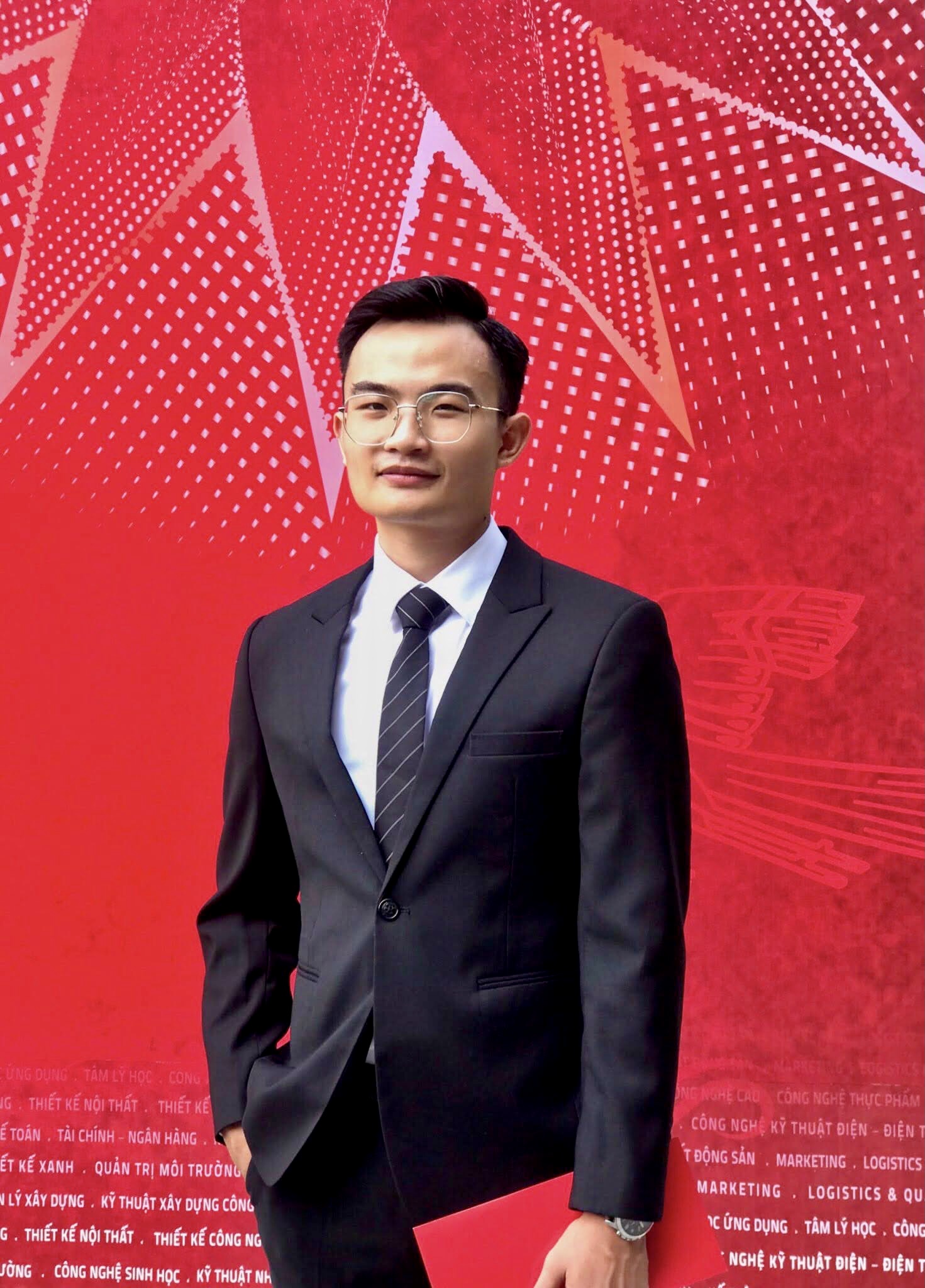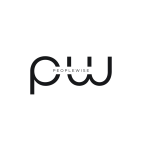In your 30s, the career ladder becomes steeper and the responsibilities of life grow heavier. For middle managers, this decade often means increased professional responsibilities, greater expectations, and the complex task of balancing a demanding career with personal life. At PeopleWise Vietnam, we understand that people are the core of an organization’s success, and helping them find balance is essential. This article explores strategies for work-life integration, helping middle managers harmonize their career and personal priorities.
Understanding Work-Life Integration
Work-life integration is an approach that blends personal and professional responsibilities seamlessly rather than viewing them as competing forces. Unlike work-life balance, which implies a perfect equilibrium, integration is about flexibility and fluidity, recognizing that the boundaries between work and life are often blurred.
The Challenges Faced by Middle Managers
- Increased Workload and Responsibilities: Middle managers often face heavy workloads, with responsibilities spanning project management, team leadership, and strategic planning. These roles demand time, focus, and energy, leaving little room for personal pursuits.
- Family and Personal Commitments: In their 30s, many middle managers are juggling family responsibilities, such as parenting or caring for aging parents. These commitments require time, emotional investment, and energy.
- Career Development Pressures: This is a crucial decade for career advancement. Middle managers often feel pressured to prove themselves and secure their upward trajectory, adding to the stress and time constraints.

Strategies for Effective Work-Life Integration
Set Clear Boundaries
- Define Work Hours: Establish specific work hours and stick to them. Communicate these boundaries to your team and family, ensuring they understand when you are available and when you are not.
- Create a Dedicated Workspace: Whether at home or in the office, having a dedicated workspace helps delineate work from personal life.
Prioritize Self-Care
- Physical Health: Regular exercise, a balanced diet, and sufficient sleep are crucial. Physical well-being directly impacts mental and emotional health, enhancing your ability to manage stress and maintain productivity.
- Mental Health: Mindfulness practices, meditation, and relaxation techniques can help manage stress. Don’t hesitate to seek professional help if needed.
Leverage Technology for Flexibility
- Remote Work: Utilize remote work opportunities to create a flexible schedule that accommodates both professional and personal commitments.
- Productivity Tools: Use productivity tools to organize tasks, set reminders, and manage your time efficiently.
Delegate and Empower Your Team
- Trust Your Team: Delegate tasks effectively and empower your team members to take ownership of their work. This not only lightens your load but also fosters a sense of responsibility and growth within your team.
- Effective Communication: Maintain open lines of communication with your team to ensure that everyone is on the same page and any issues are addressed promptly.
Time Management Techniques
- Prioritize Tasks: Use techniques like the Eisenhower Matrix to prioritize tasks based on urgency and importance. Focus on high-impact activities that align with your goals.
- Time Blocking: Allocate specific time blocks for different activities, including work tasks, family time, and personal care. This structured approach helps in managing time more effectively.
Foster a Supportive Workplace Culture
- Promote Flexibility: Encourage a workplace culture that values flexibility and understands the importance of work-life integration. Advocate for policies that support flexible working hours, remote work, and parental leave.
- Lead by Example: As a middle manager, set an example for your team by demonstrating a healthy work-life integration. Your actions will inspire others to follow suit.

Personal Priorities in Focus
Family Time
- Quality Over Quantity: Focus on quality interactions with your family. Engage in meaningful activities that strengthen your bond.
- Involve Family in Decisions: Involve your family in discussions about your work commitments. Their understanding and support can make a significant difference.
Personal Growth
- Continuous Learning: Invest time in personal and professional development. Whether it’s pursuing a hobby, learning a new skill, or advancing your education, continuous learning enhances your overall well-being.
- Network Building: Build and maintain a strong professional network. Networking provides support, advice, and opportunities for career growth.
Social Connections
- Maintain Friendships: Don’t neglect your social life. Regular interactions with friends provide emotional support and a sense of belonging.
- Community Involvement: Engage in community activities or volunteer work. These activities provide a sense of purpose and fulfillment.

Conclusion
Work-life integration is an ongoing journey, especially for middle managers in their 30s who are navigating career progression alongside personal commitments. By setting clear boundaries, prioritizing self-care, leveraging technology, and fostering a supportive workplace culture, middle managers can achieve a harmonious blend of professional and personal life. At PeopleWise Vietnam, we are committed to providing solutions that support our partners in achieving this balance, driving both individual satisfaction and organizational success.

Career Counseling Writer, PeopleWise Vietnam.
Tuan Anh stands out as a trailblazing figure in the realm of career professionals in Vietnam, with a career spanning multiple domains and authorship of five best-selling books on topics related to career and personal development. He desires to bring his expertise and share it to help individuals navigate professional journey and fulfill potential.

